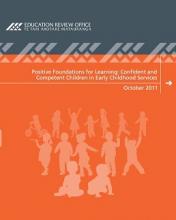Te Kura Huanui : Ko ngā kura o ngā ara angitu
I roto i Te Kura Huanui: Ko ngā kura o ngā ara angitu, ko ngā uiui me ngā whānau Māori, kaiārahi, kaiako, kaimahi, kaumātua hoki e tūhura ana i te ngākau titikaha o ngā hapori ki te whakarauora, ki te whakapakari hoki i te reo Māori me ngā tikanga Māori mō ā rātou mokopuna, tamariki, uri whakatupu anō hoki.
















